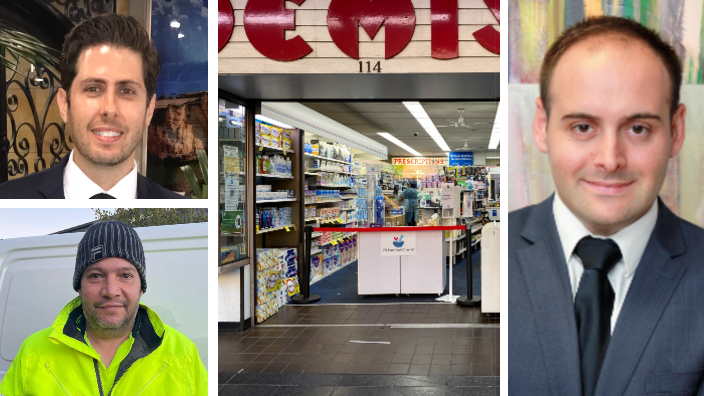By Andriana Simos and Argyro Vourdoumpa.
Pharmacist, Chris Vasili, arrives for work every day at Michael Vasili Chemist in Lakemba and instantly dons full Personal Protective Equipment (PPE) in the form of a face shield, medical gown and gloves. He and his staff then start to serve regular customers from behind a Perspex screen.
Whilst this new normal is startling, these measures have been implemented as the chemist shop is situated in the Canterbury-Bankstown Local Government Area (LGA) – the current epicentre of the COVID-19 outbreak which is spreading across western and south-western Sydney.
For Chris, it’s about putting the safety and wellbeing of his regular customers above the shop’s bottom line.
“It’s been a little bit of loss in business for over-the-counter, front-of-the-shop things, but our main focus is the hundreds of scripts we have on file, many who are Greek actually,” Chris tells The Greek Herald exclusively.
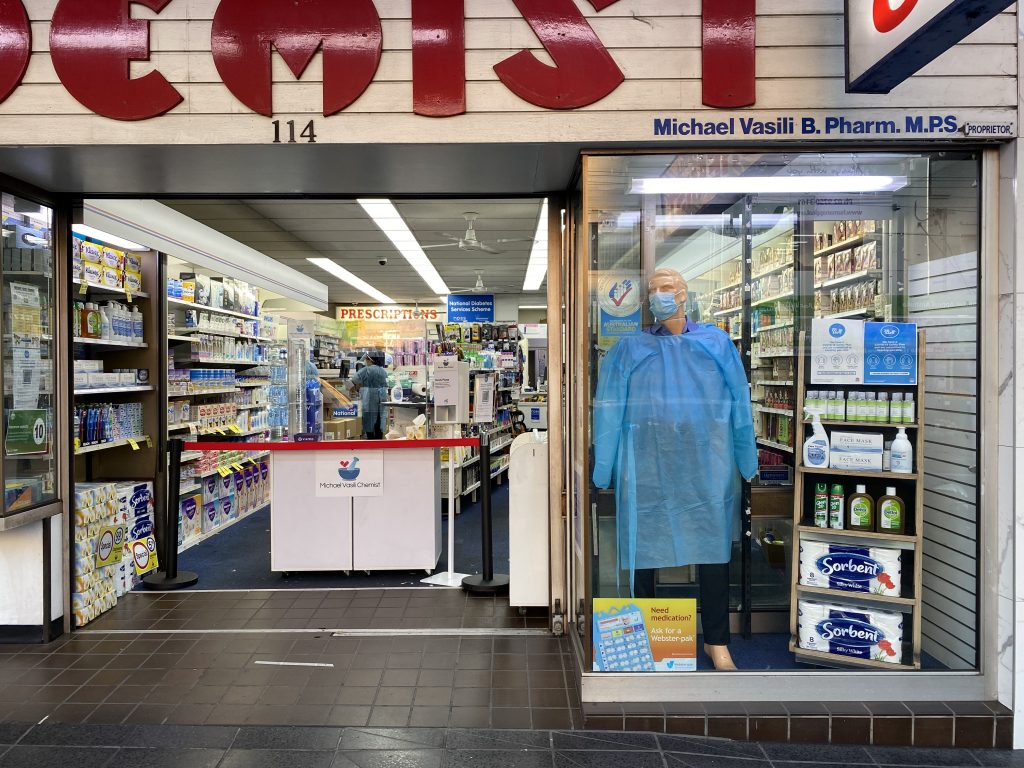
“We have to put them first and obviously put the safety of the aged care facilities that we supply first. It was just one of those things that we had to take the loss, but it’s nothing in comparison to being shut down for 14 days by the health care department.”
With customers front of mind, the pharmacist has also continued to offer local medicine delivery. This service is something customers have really welcomed and utilised during the current strict lockdown.
“We’ve increased our local delivery tenfold. Before it was maybe like one or two [scripts] a day… now we’re probably at least 15 or 20 a day of local customers of ours who don’t want to go out, maybe their kids can’t travel to this area to get their medication, so we’ve been delivering that to them,” Chris explains.
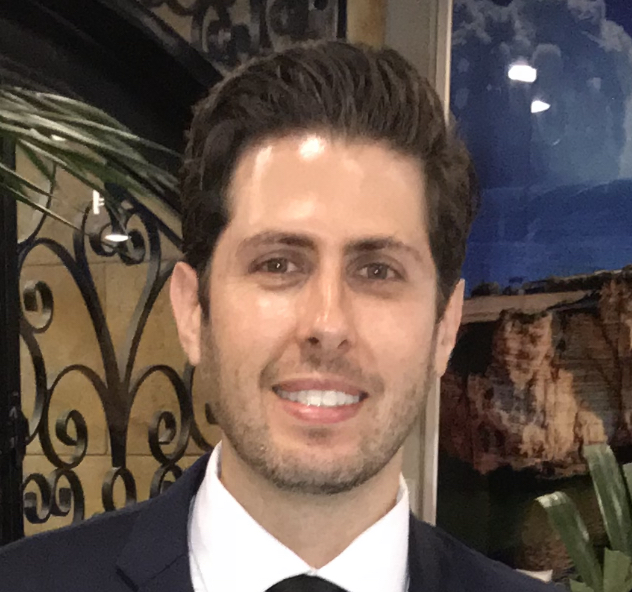
The success of this delivery service leads The Greek Herald to ask Chris whether the chemist is also planning on taking appointments for the AstraZeneca and Pfizer vaccines anytime soon.
Chris says although he has undertaken his COVID-19 vaccination training and the shop has been approved as a vaccination site, they have decided “to hold off on supplying it merely because we aren’t even letting customers in at the moment.” This, he adds, hasn’t stopped customers from asking about the vaccines and staff are able to provide them with accurate advice.
“Not only are they asking whether we do it, they’re also asking ‘is it safe.’ I might get this question like five times a day…” Chris says.
‘We want this to be over’:
It’s not surprising that Chris is regularly asked about the safety of the AstraZeneca and Pfizer vaccines.
According to Peter Doukas, who is the Chair of the Ethnic Communities Council of NSW (ECCNSW), the peak body of all culturally and linguistically diverse communities in NSW, there’s currently a lot of vaccine hesitancy in south-west and western Sydney due to vaccination messaging.
“There is a lot of negative media about vaccines and the multicultural communities we’ve dealt with – and the Greek community is not innocent of this – is that we get our media from the home country and from other Greek communities around the world, as well as Australia, and it’s not consistent,” Mr Doukas tells The Greek Herald.
“That affects people’s thoughts about vaccinations which then starts a cycle and we’ve seen this with many communities.”
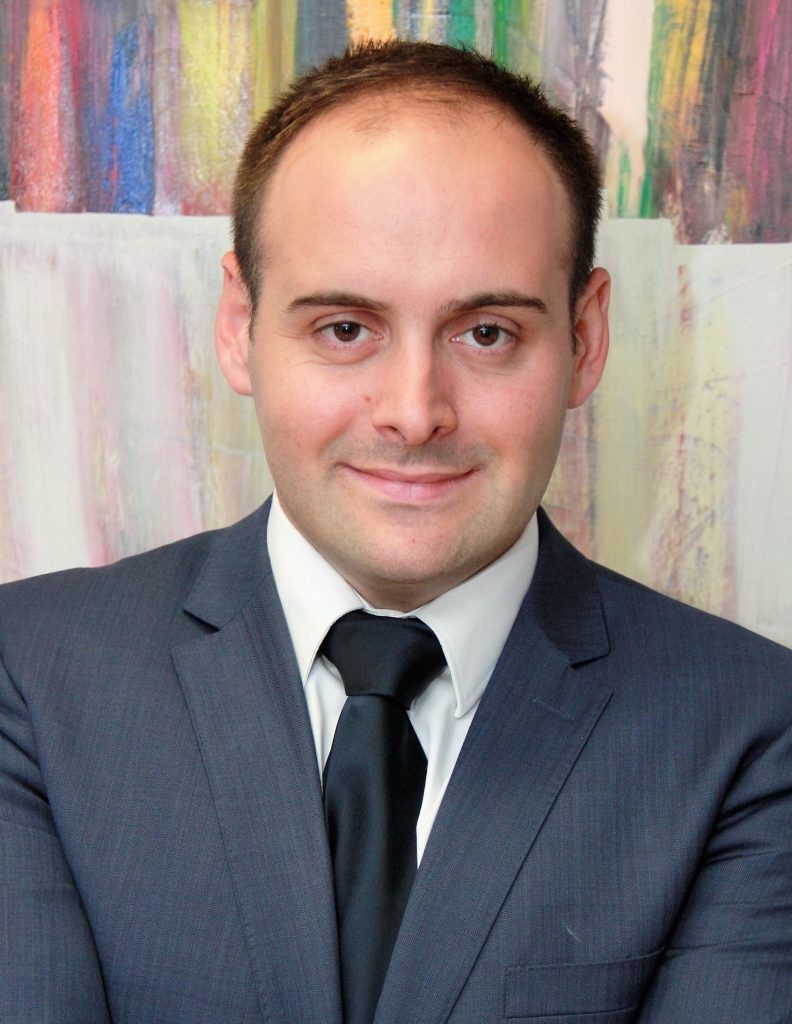
Mr Doukas adds that on top of vaccine hesitancy, the NSW Government will also face several other challenges around developing a mental health plan and enforcing public health orders during the current lockdown.
“Communities have reacted relatively well so far but again, it’s been a difficult transition back into lockdown this year. Last year we had more good will and a lot more energy but now everyone has COVID fatigue and we want this to be over,” Mr Doukas says.
“What concerns me now, is obviously the healthcare related issues… It’s now a question of partly enforcement of health orders and secondly, it’s a question of how you deal with exemptions.
“Especially when you are dealing with areas and communities that often struggle to adapt to the public health orders because they have large families or family members who are essential workers and they bring the virus back home.”
‘I’m always cautious’:
Kypros Agathocleous is another one of these essential workers from the Liverpool Local Government Area (LGA).
As a courier driver, his job sees him move around for work but as he lives in one of the eight LGA’s subjected to an Authorised Workers Order, he must have a COVID-19 test every three days.
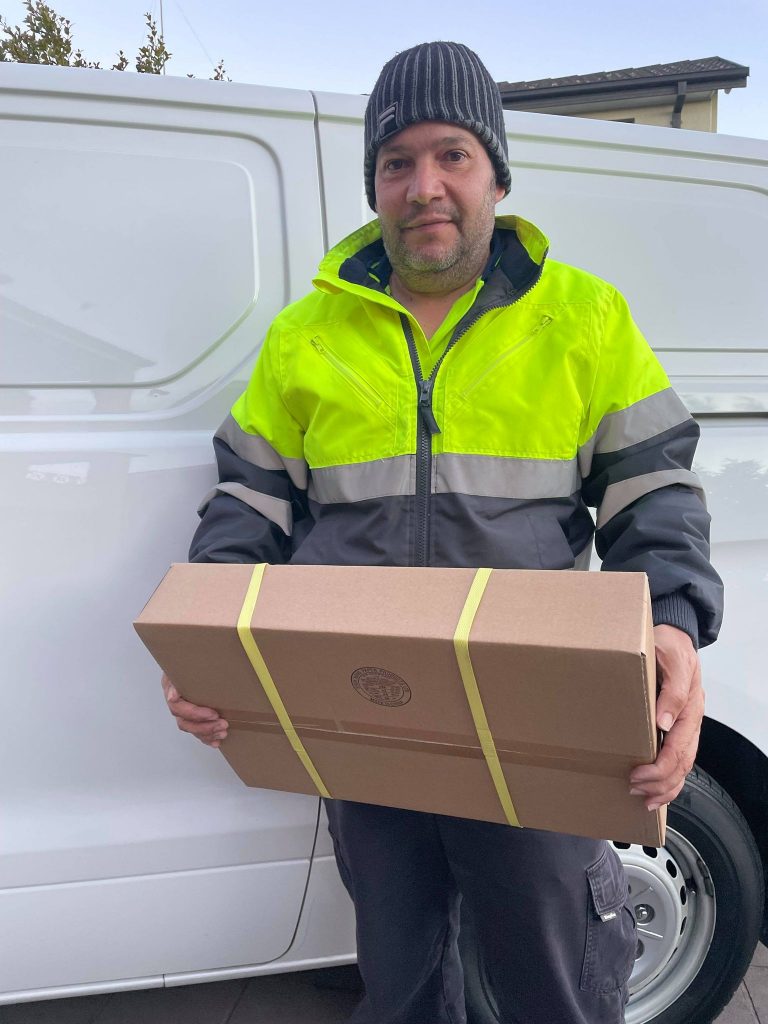
“When they mentioned the Liverpool LGA was going into lockdown, my first thought was that I wouldn’t be able to go to work. There was a grey area with what they announced and it wasn’t clear,” Kypros tells The Greek Herald exclusively.
“I contacted the company that I work for and they informed me that I could continue working but had to get negative COVID tests.”
Since then, Kypros says he has been busier than ever as there has been a surge in home deliveries of small appliances and gift hampers.
“I’m doing contactless deliveries and pick ups, scanning QR codes and always wearing a mask. Customers can’t sign for the deliveries. Deliveries were authorised to leave with proof of delivery. With most of the deliveries I had to take a photo for proof of delivery,” he says.
It’s extra work but Kypros says he still feels lucky he is able to continue working while others are working from home or not working at all. For him, it’s all about looking after and continuing to provide for his wife and daughter.
“I’m always cautious with distance between people, always sanitise and wash my hands as it’s always at the back of your head, what if,” he concludes.

